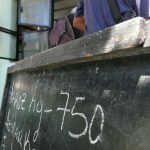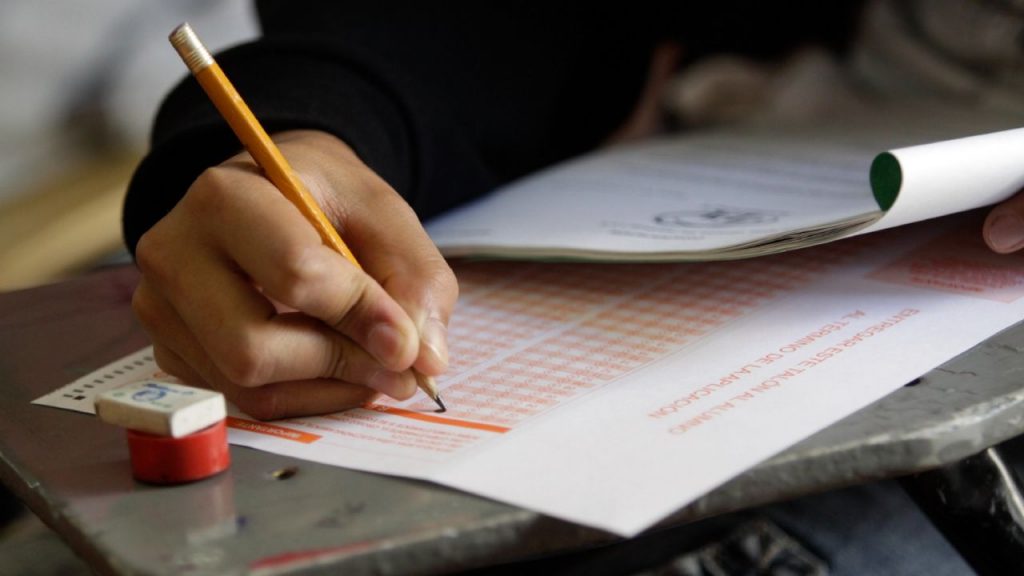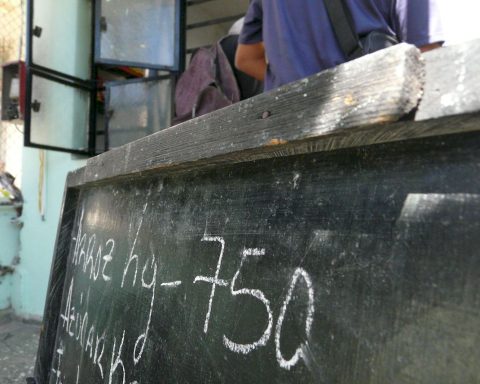“Monetary policy in Paraguay makes practically our currency the most reliable in all of Latin America, the only currency that has never lost a zero for eighty years”, which “has allowed a revolution in the last ten years”, in the that “numerous industries and companies settled in the country,” he explained in an interview with EFE Castiglioni.
The minister who is on an official visit to Spain, spoke today in a forum organized by the Secretary of Commerce through the Institute of Foreign Trade (ICEX) at the headquarters of the CEOE in Madrid, and plans to visit the cities of Bilbao , Valencia, and again Madrid, to meet with businessmen and union representatives, in “a very tight schedule.”
BILATERAL RELATIONS
Paraguay has stood out in recent years for strong economic growth encouraged by low taxation, a population in which 60% of the people are of working age, highly competitive labor costs, and investment laws that do not establish limitation to the entry of foreign capital, which has favored the landing of Spanish companies in the country.
“I am going to visit companies and entrepreneurs who have the highest intention of establishing themselves in Paraguay,” revealed the minister, who sees a great opportunity in various sectors of the Paraguayan economy, especially in infrastructure and water, where “everything that has not been done it is still a seam of opportunities for Spanish companies ”.
To attract the necessary investments, Castiglioni boasted that the Executive of the current president, Mario Abdo Benítez, “is the Government that invested the most in creating road infrastructure”, in a country where around 90% of the 65,000 kilometers of roads are still dirt roads.
He underlined the “investment of 1,000 million dollars in road infrastructure” that has been budgeted for next year, which represents a “great opportunity for Spanish companies specializing in this type of concession.”
The minister mentioned the water and sanitation sector, in which around 80% of the installation needs to be carried out, and where “Spanish companies stand out around the world”, in addition to “multiple opportunities” in the agri-food and livestock industry intensive, automotive or real estate, where “such a young population will need” homes that “Spanish construction companies” can project.
In addition, Castiglioni referred to clean energy, where Paraguay is a global example of sustainable energy production by having dams of enormous energy volume, among which the Itaipú dam stands out (together with Brazil), the second largest generator of energy. clean and renewable on the planet, which supplies around 76% of the electricity consumed by Paraguayans.
In 2020, Spain ranked 15th among Paraguayan suppliers, and 18th among its clients, according to ICEX data.
CLIMATE CHANGE
Paraguay is suffering from a severe drought that affects all of Latin America, and that has been particularly affected by that country, the most affected in the region, according to government sources. The drought is leaving the flow of its main river, the Paraná, at levels just above the historical minimum value, registered in 1944.
Precisely because it is a “reference” in the production of sustainable energy, Castiglioni reiterated the “enormous commitment of Paraguay” to the fight against climate change, since “for us it is a question of survival”, in reference, among other matters, to the need to maintain the waterways that backbone the transport of goods in Paraguay, where around 96% of trade is done by navigating its rivers.
“Paraguay is convinced that we must begin to restore everything that we have destroyed, and we take this position both within Mercosur and outside of it,” defended the minister.
Likewise, Castiglioni came up against the endemic corruption accusations that are pouring into Paraguay, a phenomenon that could discourage foreign investment, after Amnesty International ranked it in 2020 as the second most corrupt country in Latin America.
The minister assured that “these data do not reflect the reality of the continent, which I know well,” and assured that his government works to combat this problem with laws of transparency and universal access to public information.
Finally, he expressed his concern about the debt crisis that Argentina is going through, which is at levels of risk of debt default close to the suspension of payments (default), and whose fall could negatively affect the Paraguayan economy, according to experts, since 24% of Paraguay’s exports are destined for Argentina, although it trusts that the neighboring country will overcome the adverse situation.

















